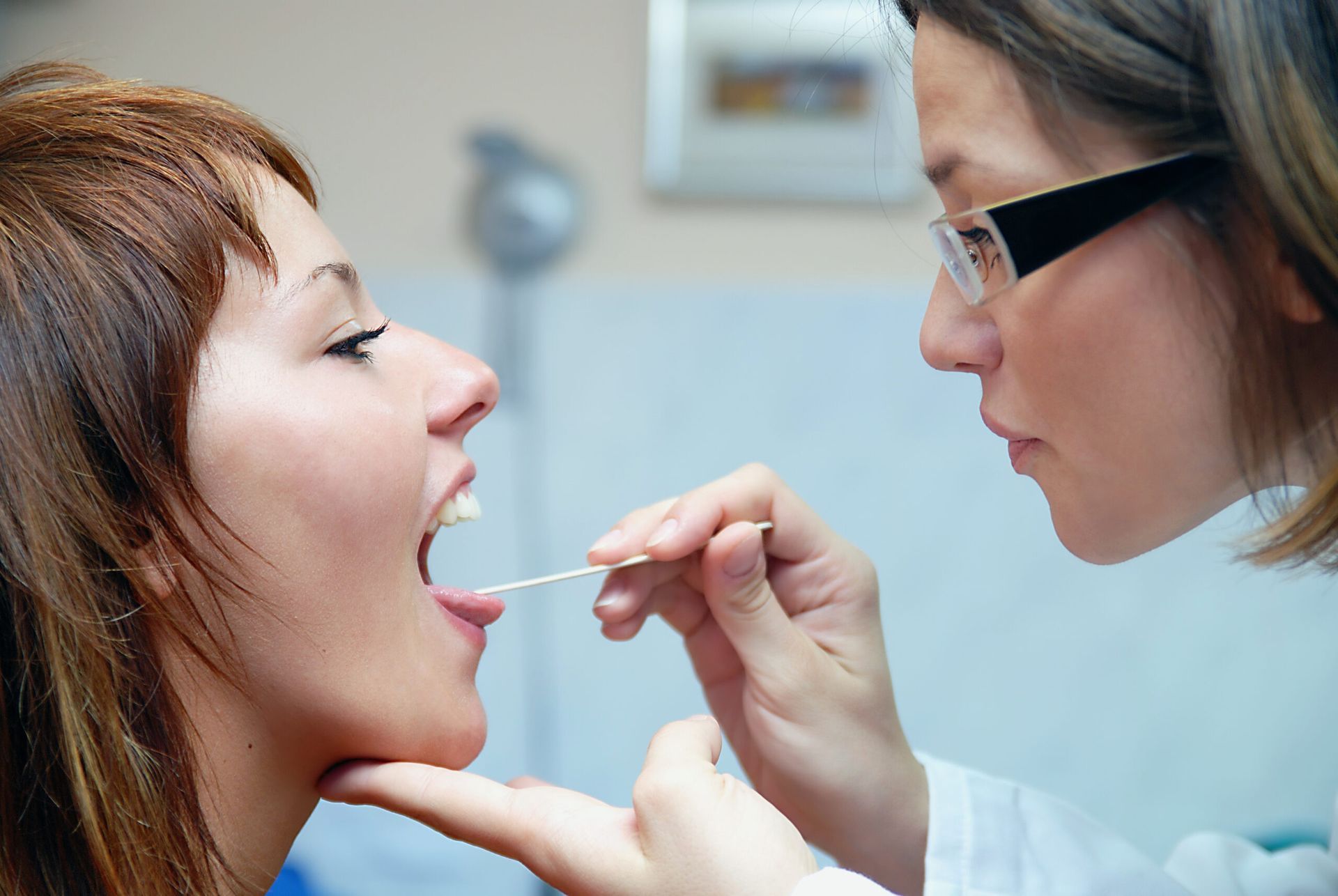From Student Nurse to Registered Nurse: The Roadmap to Your Dream Career
Nursing school can be a life-changing experience. It’s where you gain the knowledge and skills necessary to become a registered nurse, which is one of the most rewarding careers in healthcare. In this blog post, we will explore everything you need to know about nursing school, from the application process to preparing for your NCLEX-RN exam. Let’s get started!
Introduction to Nursing School: What to Expect
The first thing you should expect when entering nursing school is rigorous coursework that covers a wide range of topics related to patient care, medical terminology, pharmacology, and more. You will also have opportunities to participate in hands-on training through clinical rotations at local hospitals or other healthcare facilities. These experiences are designed to give you real-world practice before graduation.
The Application Process and Requirements for Nursing School
To apply for nursing school, you typically need to meet certain requirements such as having a high school diploma or GED, completing prerequisite courses like biology and chemistry with good grades, passing an entrance exam like the TEAS (Test of Essential Academic Skills), and submitting letters of recommendation. Some schools may require additional steps like interviews or essays. Make sure to research each program carefully to ensure you meet all the criteria before applying.
Financial Aid and Scholarship Opportunities for Nursing Students
Paying for nursing school can be challenging, but there are many financial aid options available to help offset costs. Most students take out loans, but scholarships and grants are also available based on merit or financial need. Check with your school’s financial aid office to learn more about what resources might be available to you.
Curriculum Overview and Coursework Breakdown
In nursing school, you can expect to take classes focused on subjects like physiology, pathophysiology, microbiology, nutrition, psychiatric nursing, and more. Courses are often taught by experienced faculty who bring their own unique perspectives into the classroom. Additionally, some programs offer specialized tracks like pediatrics or gerontology for those interested in pursuing specific areas within nursing.

Hands-On Training and Clinical Rotations in Nursing School
One of the best parts of attending nursing school is getting hands-on training through clinical rotations. This is where you work alongside seasoned professionals in various settings like hospitals, long-term care facilities, and community health centers. During these rotations, you will develop critical thinking skills while learning how to provide safe and effective patient care.
Preparing for the NCLEX-RN Exam and Becoming a Registered Nurse
After successfully completing your nursing program, it’s time to prepare for the NCLEX-RN exam, which is required to become a licensed registered nurse. Many schools offer review courses to help students prepare for this important test, so make sure to take advantage of any resources offered by your institution. Once you pass the exam, you will officially be able to call yourself a registered nurse!
Conclusion
Attending nursing school can be both challenging and rewarding, but it’s worth it if you want to embark on a fulfilling career in healthcare. By following the roadmap laid out above, you can navigate the ins and outs of nursing school and emerge ready to excel in your new role as a registered nurse. Good luck!






